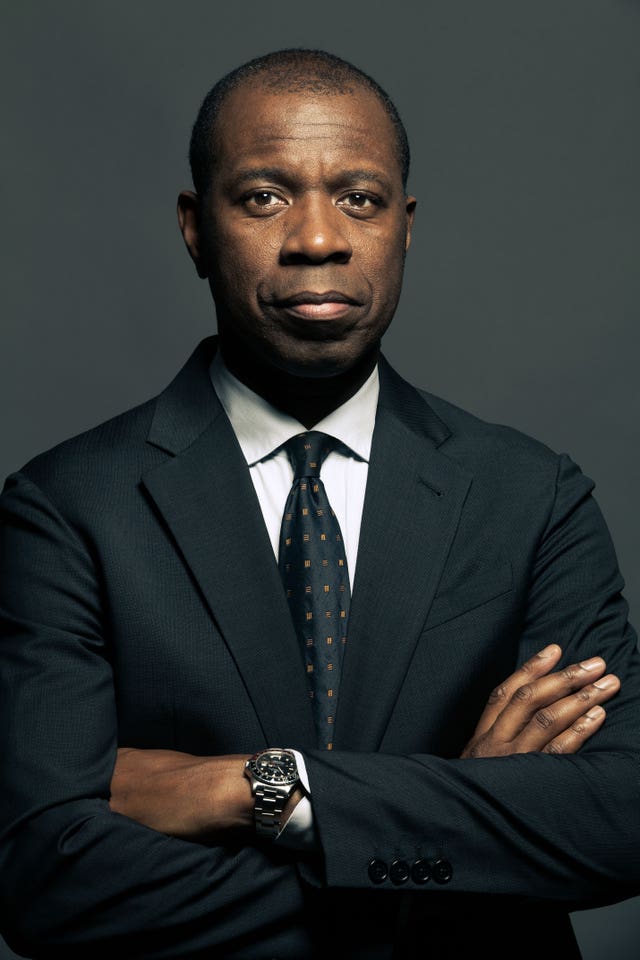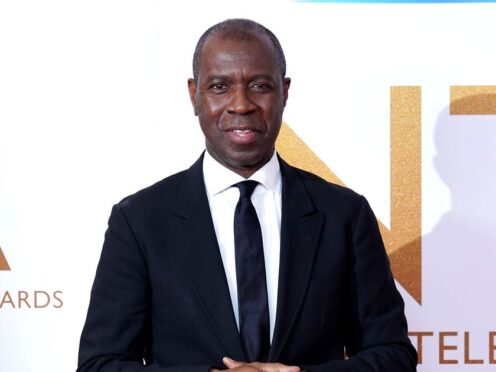Broadcaster Clive Myrie said you see the “very best of human nature and the very worst of human nature in a conflict situation”.
The BBC journalist was recently interrupted by an air-raid siren during a live broadcast from the capital of Ukraine while reporting on the Russian invasion.
Myrie and chief international correspondent Lyse Doucet had to put on flak jackets after their report from a rooftop in Kyiv was disrupted by the alert.

The broadcaster and Mastermind host opened up to The Big Issue about his experiences reporting from war zones over the years.
He said: “There is an adrenaline rush in being a journalist on the frontline, something that makes you want to go back for more, although for me I don’t think it’s the sense that I’m potentially in danger – it’s just about telling stories from incredible places.
“And, usually, you see the very best of human nature and the very worst of human nature in a conflict situation.
“Those are the best, most fascinating moments – when you’re going to get the most interesting human stories.”
Myrie has reported on the ground from countries across the world including Tokyo, Paris, Vietnam, Los Angeles, and Iraq during the 2003 war.
The reporter admitted he has been in “some dangerous situations” but said he did not think about the danger.

He added: “I just thought, ‘I want to be in a war-zone and experience and tell the story of conflict in a particular place’.
“It’s interesting talking to soldiers and to those who do go into battle. You never ever think, really consciously, that you’re going to be the one who gets shot or blown up or killed.
“Something has to present itself to you that makes it clear that you could be the one.”
Myrie revealed that while he was embedded with the Royal Marines going into Iraq in 2003 he had to write a goodbye letter to his family along with the other troops in case they did not return home.
“That process, saying goodbye in letter form, does remind you that you might not get back”, he added.
The broadcaster also recalled Vietnam in 2003, when he was paddled up a river in the jungle, along with a cameraman, to report on the militia in the country, which he described as a moment that reminded him why he got into journalism.
He said: “It was just a little river journey on a boat, heading into the jungle with a camera to tell a story. But it was what I’d always wanted to do.”
You can buy a copy of The Big Issue from your local vendor or subscribe at bigissue.com.
